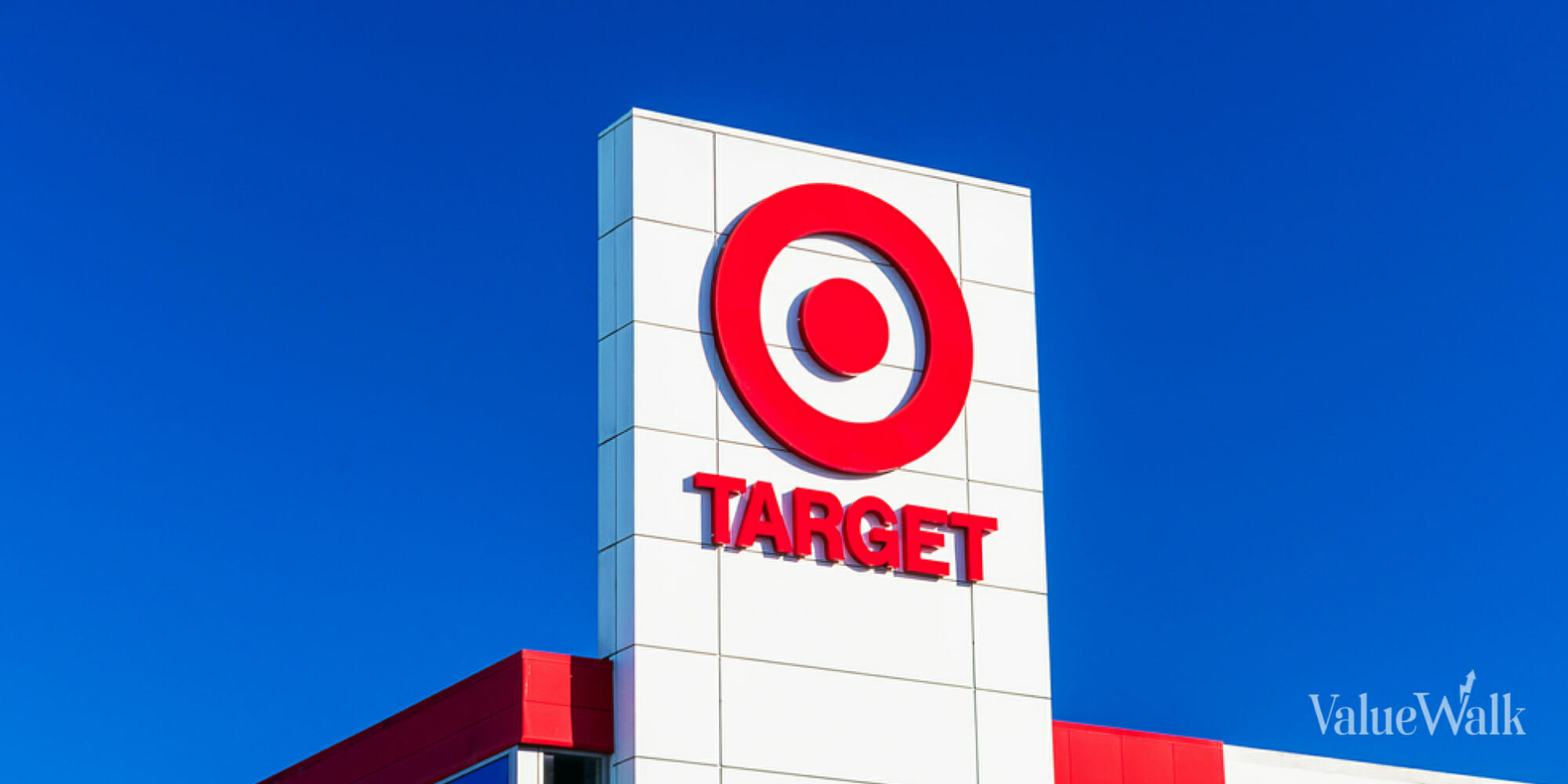It has been a difficult year for the Boeing Company (NYSE:BA), a leading manufacturer of commercial jets and airplanes. The stock has plummeted some 24% year to date due to the company’s financial performance and a series of high-profile safety issues with its planes.
The most notable event occurred in January, when a door-plug panel flew off a Boeing 737 Max jet operated by Alaska Airlines in mid-flight. Amazingly, no one was injured, and the plane landed safely. However, this safety incident and others have not only rattled customers but also investors.
On Monday, Boeing stock was having a rare good day, jumping about 3% at the opening bell and finishing the day up by around 1.4% at $191 per share. The reason was a massive shake-up in the executive suite, but will these changes solve Boeing’s problems?
Boeing CEO to step down
On Monday morning, the company announced that President and CEO Dave Calhoun, who took the helm in 2020, will leave at the end of 2024. His departure follows a series of mishaps, including the recent panel blowout, which he called “a watershed moment for Boeing” in a letter to employees on Monday.
“It has been the greatest privilege of my life to serve in both roles, and I will only feel the journey has been properly completed when we finish the job that we need to do,” Calhoun wrote to employees. “We are going to fix what isn’t working, and we are going to get our company back on the track towards recovery and stability.”
Calhoun is not the only moving piece. Stan Deal, CEO of Boeing Commercial Airplanes, is retiring effective immediately. Deal, who took the job in 2019, has been replaced by Stephanie Pope. Pope has been chief operating officer at Boeing since January, and before that she was CEO of Boeing Global Services.
The other change at the top involves Board Chair Larry Kellner, who will not run for re-election at the upcoming annual meeting, Kellner has been on the board for 13 years, including during the last five as chair. The board elected Steve Mollenkopf to succeed Kellner as chair when the new term starts.
Transitioning to a transition
Thus, while there are changes afoot, the biggest one won’t happen until next year, when the new CEO is set to take over. In the meantime, Boeing has a lot on its plate, including trying to turn around its financial struggles, which resulted in a $30 million net loss in the fourth quarter and a $2.2 billion net loss in fiscal 2023. Those numbers were better on a year-over-year basis, but the airplane manufacturer still has to continue moving back toward profitability.
Boeing did not provide any guidance or outlook for 2024; as such, its year-end report may leave investors questioning what kind of progress is being made.
This all comes at a time when the company is dealing with an investigation by the National Transportation Safety Board (NTSB) into the Alaska Airlines accident. Further, Boeing is facing a mandate from the Federal Aviation Administration to develop an action plan to address its “systemic quality-control issues to meet FAA’s non-negotiable safety standards.”
Thus, this is clearly a transition period for Boeing as it moves toward the installment of a new president and CEO in the C-suite at the end of the year.
The consensus among analysts suggests Boeing is a buy with a median price target of $260, which would be a 36% increase from the current price. The executive shakeup seemed to be received favorable by analysts and markets, but a couple of leading Wall Street firms did lower their price targets.
With the improving, yet still shaky financials, the executive upheaval, and the turmoil surrounding its many safety issues, there are just too many balls in the air to recommend Boeing as a buy right now.
Disclaimer: All investments involve risk. In no way should this article be taken as investment advice or constitute responsibility for investment gains or losses. The information in this report should not be relied upon for investment decisions. All investors must conduct their own due diligence and consult their own investment advisors in making trading decisions.





